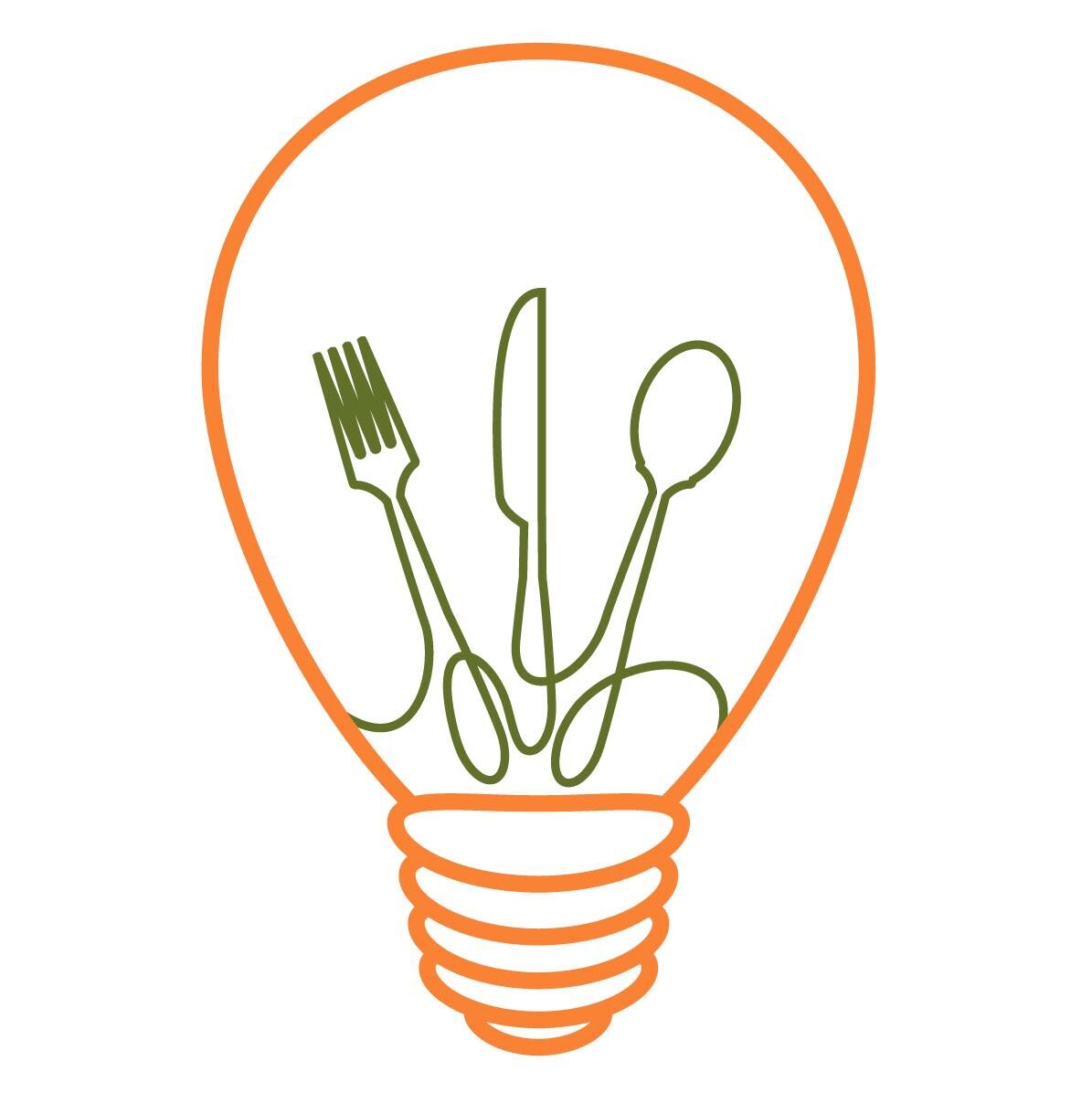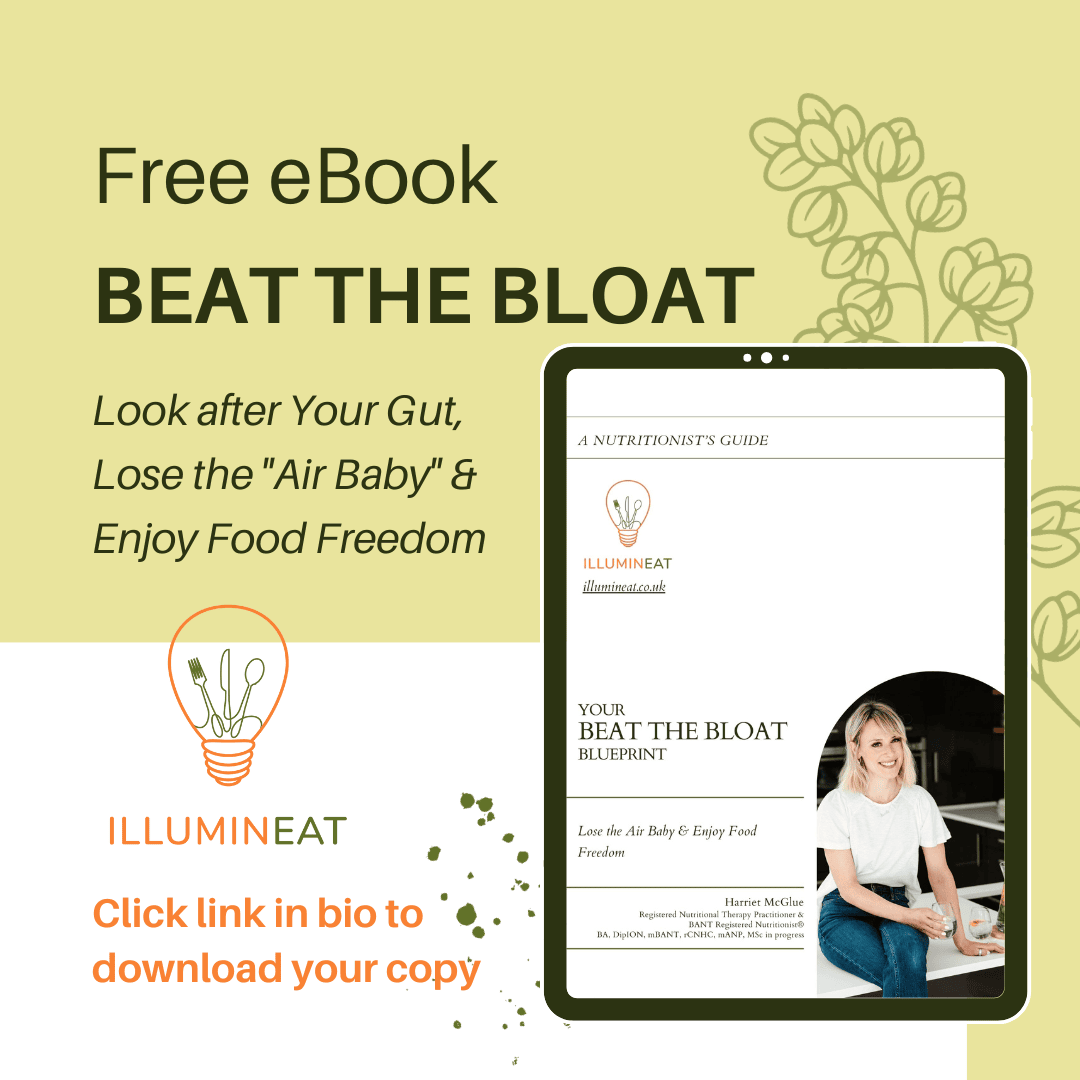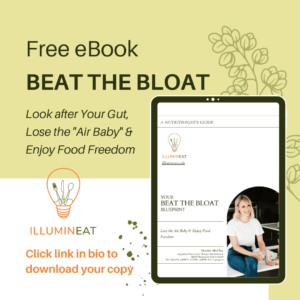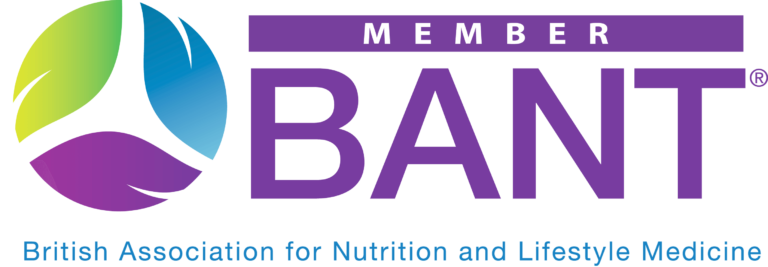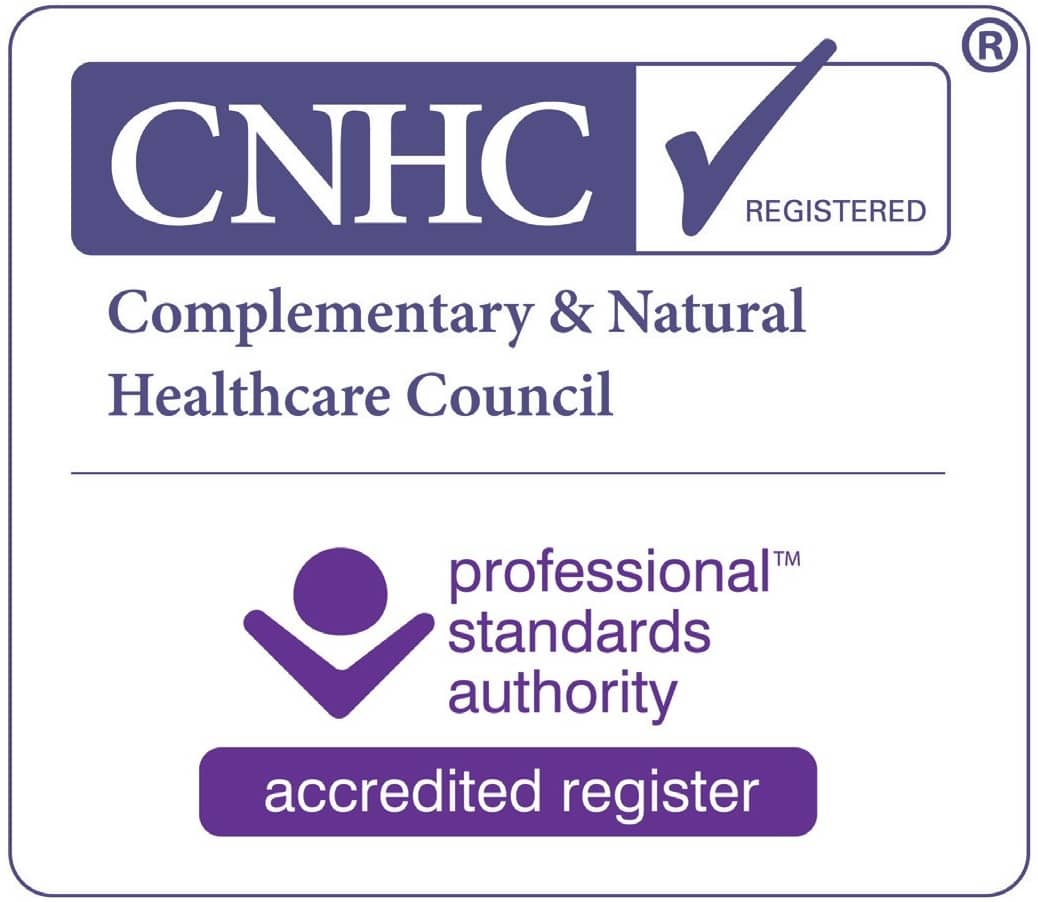Any immunologist will tell you they HATE the term “boost your immune system”. Forgive me; pure clickbait! You see, we don’t want to simply “boost” our immune system because an over-reactive immune system is not great. That’s what we see with allergies on the one hand, and autoimmune disease on the other. When people talk about wanting to “boost” immunity, what they tend to mean is catch fewer colds and bugs. But what we really need is to REGULATE our immune system, so that it is EFFICIENT at fighting off pathogens but TOLERANT of harmless things in our environment.
So what taxes our immune system, stopping it from working most efficiently?
There are 2 main culprits: DIET and STRESS
Look at your diet as a whole
I’m sorry to break it to you but there is no magic bullet: No one food, vitamin or supplement can make us invincible. So ditch that superfood powder and read on…
Mediterranean diet
Research shows that a standard American diet (aka the “SAD diet” – go figure) can trigger a systemic inflammatory response. Many of the features of this diet (ultra-processed foods, high refined carb, high saturated fat etc) are known to disturb our gut bugs (microbiota) – not great when we consider that 70-80% of our immune system in in our gut!
We now know that nutrition science is very individual and the same food can cause vastly different responses in different people. We are at the helm of an era of personalised nutrition, but until this is available and accessible to the masses, tap into your own “gut feeling”: How do you feel when you eat lots of junk versus real whole foods?
Look after your friendly microbes and your immunity by eating more like our Mediterranean cousins with the below pointers.
Get your vitamins from real food
We need 40+ micronutrients to function optimally! Not enough vitamin A, C, D, E, B vitamins and zinc will impair our immune system. We might occasionally be tested by our GP for “overt” deficiencies in vit D, B12, folate and iron – but only if we have symptoms, particular medical conditions or are at increased risk. What about the rest of us, the rest of the time? What about subclinical deficiencies? These aren’t picked up.
There is a world of difference between a clinical deficiency and optimal levels to keep our immune system in tip-top condition. You might be just inside “normal range” (reference ranges are HUGE for some nutrients) and never know because you are simply told your tests are “all normal” and no further action is required! My advice? Always request a copy of your bloods ad judge for yourself!
If we’re low in one micronutrient, chances our others are low too. Deficiencies can increase oxidative stress (the balance between oxidants and anti-oxidants) which can affect how likely we are to catch viruses and other infections – and how badly they affect us.
Colour = phytochemicals
Are plant chemicals with potent antioxidant functions & can help support our own antioxidant systems. Unlike vitamins and minerals, they’re not “essential” for life – but can certainly contribute to a longer healthier one!
How to find them? They’re everywhere is nature so eat the rainbow (I’m not talking skittles)! They work synergistically so go for whole foods (fruit and veggies) not a supplement containing one random phytochemical you’ve heard has miraculous powers! Some are antimicrobial, anti-inflammatory, longevity compounds.
Focus on fibre
Our gut bugs (microbiota) are at the interface between our gut and our immune system, helping to educate and regulate our immune system so it reacts to real dangers (like food borne pathogens) but can tolerate harmless things (like food proteins – avoiding allergies). These friendly microbes need fibre – and lots of it – to multiply and thrive. We get fibre from plant foods (wholegrains, fruit and veggies, pulses, nuts and seeds). 30+ plant foods a week is a good goal!
Subtle inflammation occurs every time we eat; it’s a completely normal phenomenon and even has a name – ‘post-prandial inflammation’. Fibre helps combat it.
Watch saturated fat
Evidence suggests saturated fats can affect the integrity of our gut lining, increase intestinal permeability (making our gut more “leaky”). This makes it easier for “foreign” molecules to pass into the bloodstream, triggering our immune system to react with an inflammatory response. However, fibre can prevent this from happening – another reason to eat your veggies!
The thing is, most foods contain several different types of fat (e.g. saturated + healthy monounsaturated). Also, how we respond to fats is very individual (depends on our diet as a whole, lifestyle, our individual microbiota, genes, our wider health). The best idea, therefore, is to focus on lots of “healthy” fats like olives, avocado, fatty fish, nuts and seeds and limit ultra-processed foods which contain mostly saturated fats and may contain trans fats (really bad).
Choose olive oil
Olive oil deserves a special shout out as it contains predominantly healthy monounsaturated fatty acids. A hallmark of the Mediterranean diet, it is phytochemical-rich and a known anti-inflammatory. Buy the best quality you can afford (ideally cold-pressed extra virgin) and use for all your home cooking & drizzling needs!
Omega-3 fats
Our immune system uses omega-3 and omega-6 polyunsaturated fatty acids to produce molecules involved in generating an inflammatory response, and then resolving it (i.e. healing and repair) once the inflammation has done its job. We all get plenty of omega-6 in our diets and generally need more omega-3s. A healthy ratio of omega-6 to omega-3 fatty acids appears to be around 1:1 – 4:1, whereas 20:1 is more typical of modern Western diets. Hence the recommendation to eat oily fish regularly or take a quality omega-3 supplement.
Get enough protein
Protein is so important as amino acids from protein-foods form the building blocks of every immune cell. With the surge in plant-based eating, this is more of a consideration today. Plant proteins are typically “incomplete” which means they don’t contain all the “essential” amino acids our body needs. However, combining different but can be combined to create complete protein sources – just as traditional diets have always done. Think wholegrains + legumes or nuts/seeds. Soy-based protein (tofu, tempeh, edamame), Quorn & nutritional yeast are great whole protein sources.
Hack your immune system with intermittent fasting
Research shows that when we re-feed after fast, there is an increase in growth hormone and fresh immune cells emerge from our bone marrow. At the same time, stress from the fast causes older, “dodgy” immune cells to be deleted (a process called “autophagy”). There is good evidence for fasting as a treatment in autoimmune disease because of mechanisms like these.
Fasting also reduces the ‘post-prandial inflammation’ discussed earlier.
As an achievable introduction, why not try consuming all your food within a 12 hour window and fasting for 12 hours overnight? Don’t go to extremes because, just as eating too much on the regular can cause our immune system to go awry, so too can eating too little!
Check in with your stress levels
Are you stressed? Be honest!
Chronic stress negatively impacts our immune system over time. It can be a cause of both a reduced immune response and also the main driver of chronic unresolved inflammation. Managing our stress levels is therefore as important as getting our diet right – if not more so – when it comes to immunity. Chronic mental and emotional stress is so often the trigger for a health condition developing in the first place, anyone with a chronic condition will name stress as an aggravating factor or trigger for a flare-up. And we all know when get every cold going when we’re run-down…The stress-immune connection is REAL.
But stress isn’t just mental/emotional stress -PHYSIOLOGICAL stress is also a thing. What stresses out the body and suppresses the immune system? All the usuals…too much alcohol, lack of sleep, under-eating, rubbish diet, erratic blood sugar… Even too much exercise can increase intestinal permeability (leaky gut) and increase post-prandial inflammation (discussed earlier). LIFESTYLE is everything.
3 stress-busting tips
Recognise negative emotions
Be honest about the source of stress: frustration, resentment, hostility? These all influence our immune system. Anger primes the body for damage. Consider if you have meaning and purpose in your life? Do you have real, meaningful connections with others? If not, what could you do to change this. Therapy can be game-changing.
Get outside for a walk every day
Exposure to diverse microorganisms, breathing in certain chemicals released from plants, sunlight exposure, being in green spaces and exercise – all reduce stress and can support immune function. Talk about killing lots of birds with one stone!
Make food and mealtimes a happy place
Lymphocytes (a type of white blood cell and part of our immune system) and other immune cells have receptors for brain chemicals like endorphins (our endogenous opioids) . A positive emotional state can directly modulate our immune system and levels of inflammation in the body. The emotional state we are in when we eat a food can affect our physiological response to that food – so sit down with loved ones and share your day. Even better, laugh!
